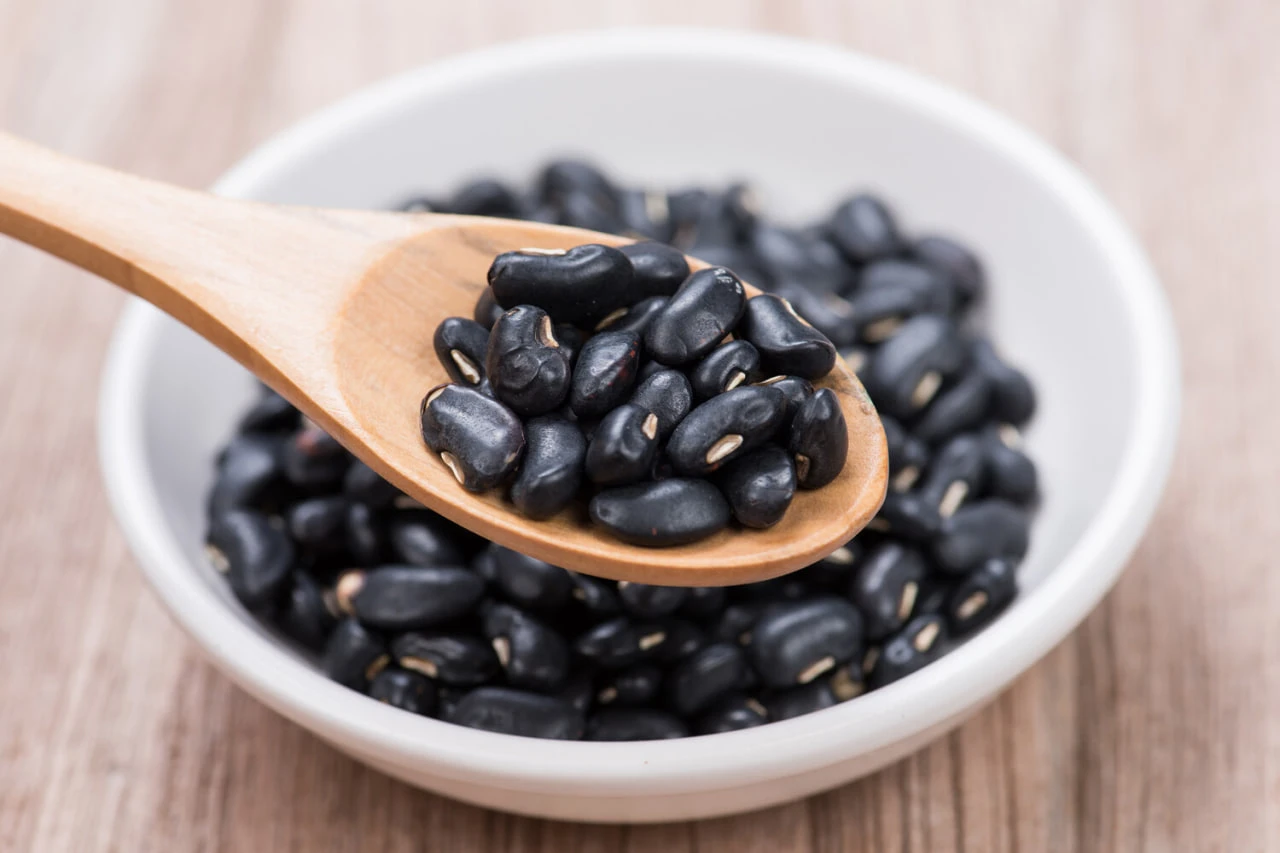Scientists have discovered a substitute for red meat that will protect the heart health



What are the most useful foods for blood vessels?
It has been discovered why some people see faces in random objects
Products found to be hazardous to the mobility of the elderly
Vegetables have been discovered that accumulate dangerous toxins from the soil
Unexpected cause of mental health problems in children found
The doctor mentioned a worrying reason for the lack of appetite in the morning
Scientists have confirmed that lowering cholesterol levels protects against dementia
A doctor has warned about the hidden dangers of tangerine peel
Three main beneficial properties of red cabbage have been identified
An unusual way to combat baldness has been discovered
A method has been found to improve the effectiveness of the treatment of solid cancer tumors
An unusual method of treating stomach cancer has been discovered
A critical age for heart health has been identified
Retinal vascular structure is related to lifespan. Scientists
Three main principles of protection against winter cold have been defined
An unexpected poultry hazard has been detected
The regions of the world where dangerous germs circulate most actively have been identified
A doctor dispelled a myth about a product increasing the risk of cancer
Three common diseases that frequently affect men have been identified
It has been found that gut bacteria can cause blood cancer